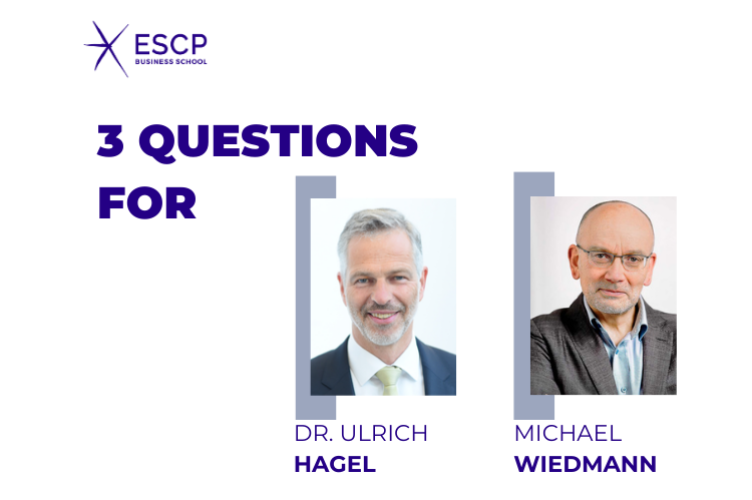In January 2023, the German Supply Chain Act, came into effect, with the goal of improving the conditions for workers in countries outside of Europe.
We wanted to know from attorneys Dr. Ulrich Hagel and Michael Wiedmann, what their observations and thoughts on the Supply Chain Act are, one year after its introduction.
QUESTION 1
We have heard from customers and partners in manufacturing that the procurement of products, parts, or ingredients has become more difficult with the introduction of the Supply Chain Act, especially with regards to documentation and compliance. If you look past increased complexity and costs of implementation, what are some chances the Supply Chain Act brings to companies?
From our experience, the Supply Chain Act has led to more transparency in supply chains, due to the mandatory risk analysis. This second-guessing of a company's own purchasing strategy and a more expansive vetting of new suppliers, as well as the constant supervision of existing business partnerships, leads to more stable supply chains.
The Supply Chain Act also offers companies opportunities for industry initiatives, subject of course to the limits of antitrust law. In addition, compliance with the due diligence obligations under the Supply Chain Act helps to meet the minimum safeguards for investments under the EU Taxonomy Regulation.
QUESTION 2
In our conversation, you mentioned the importance of ESG (environmental, social, and governance) approaches to work towards a more sustainable supply chain. Could you help us understand why you consider ESG approaches to be crucial?
The Supply Chain Act includes all three aspects; the environmental risks, social or human risks, and governance, through the required risk management system and the fulfillment of due diligence obligations. However, the law is also relevant for companies that are not themselves subject to the law, provided they have customers that fall within its scope. But - whether Supply Chain Act or not - sustainability in the supply chain is not possible without ESG!
QUESTION 3
Does the Supply Chain Act also have an impact on transactions outside of purchasing practices?
Yes, especially in M&A transactions. Human rights and environmental aspects play a greater role in due diligence and potential sellers are forced to disclose compliance with human rights and environmental aspects. Based on this, post-closing activities (e.g. remedial measures) are then agreed.
If you want to dive deeper into the topics of human rights and compliance, sign up for our open programme Certified Human Rights Officer.
The German language version of this programme is taking place in June, 2024. Please reach out to us for more information.
Campuses
